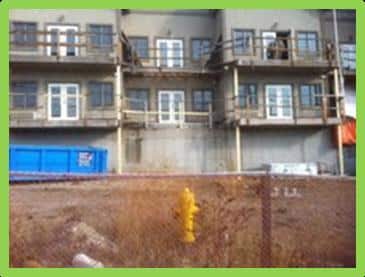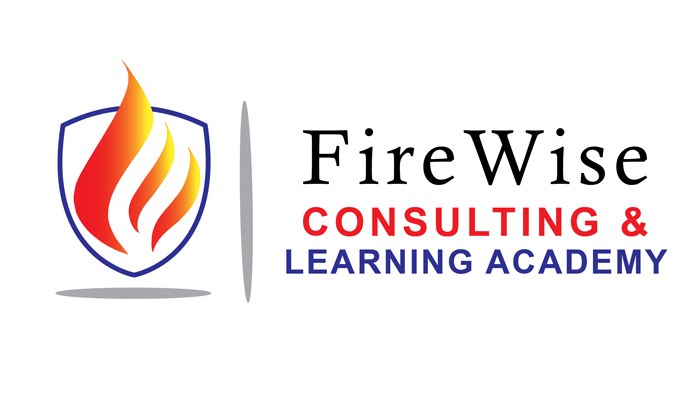Sep 5, 2012
As a result of some major industrial fires in BC questions are being raised in the media about who is the Authority Having Jurisdiction (AHJ) for fire safety inspections.
In British Columbia municipalities are required by Section 26 (1) of the Fire Services Act (R.S.B.C.1996) to provide for a regular system of inspection of hotels and public buildings within their jurisdiction. The definition of municipality for the purposes of the Fire Services Act (FSA) includes villages, towns, cities, municipal districts and resort municipalities.
Regional Districts are not municipalities for purposes of the FSA so they are not required to provide fire inspection services.
(more…)
Jun 4, 2012
We recently responded to a request for information about the frequency of fire safety inspections required in BC by the Fire Services Act. Our client mentioned that the Fire Commissioners Office said it was up to the local jurisdiction to determine what the frequency of inspections should be and that did not necessarily mean annually.
That interpretation is correct but perhaps the explanation did not go far enough. Historically the Fire Services Act dictated the frequency of inspection and provided for intervals as frequently as quarterly and extending to annually depending on the occupancy classification of the building. At the request of the Fire Chiefs Association of BC the Act was changed a number of years ago to remove the mandated frequency of inspections allowing this to be determined at the local level.
(more…)

Jan 2, 2012
A fire department received a call to a fire in a building under construction. They arrived and connected to a hydrant located in front of the building. Unfortunately the hydrant, which was installed by the building owner, had not been connected to the water distribution system and was not in service at the time. There was no visible indication on the hydrant that it was out of service.
Another hydrant was available near the building but was located under some overhead power lines. The incident commander (IC) decided not to utilize this water supply due to the potential safety hazard of accidental contact with the power lines. The power pole supporting the wire was on fire.
(more…)

Jan 2, 2012
There is a lot of technical information available about the temperature generated by incandescent light bulbs. In general terms, the filament temperature inside an incandescent light bulb can exceed 2000 degrees Celsius. Considering the ignition temperature of paper is around 240 degrees Celsius and assuming oxygen for combustion is available the three components of the fire triangle are present so a fire could result.
(more…)

Dec 21, 2011
Witchcraft is often thought of as the use of magical powers, that witches are an agent of the devil and that witches use their powers to harm people and property. Witchcraft is one way of explaining human misfortune by a supernatural power or person in the community. Recently conclusions reached by fire investigators have been compared to witchcraft in that they are based on beliefs and myths that will not stand up to rigorous scientific scrutiny.
(more…)
Dec 16, 2011
There are several regulations that govern care facilities operating from traditional single family dwellings in British Columbia. The Child Care Licensing Regulation and the Residential Care Licensing Regulation are both administered by the Community Care Licensing Branch of the British Columbia government. Facilities that provide residential care to three or more persons (e.g. group homes, long term care homes, residential treatment facilities) must have a valid community care facility license, whether they receive funding from a public agency or the client pays for the care directly. In order to meet the licensing requirements the facility must pass a fire safety inspection.
(more…)
Jun 1, 2011
This weekend firefighters in Atlanta, Georgia went door-to-door in some of the city’s low-income neighborhoods to replace free fire alarms that may be counterfeit. The fire department unwittingly distributed 18,500 bogus photoelectric smoke alarms from 2006 through this month as part of the Atlanta Smoke Alarm Program.
Fire Chief Kelvin Cochran announced the recall of smoke alarms after his department received information from Underwriters Laboratories (UL) that the photoelectric smoke alarms they distributed bore counterfeit UL labels and were not compliant with UL’s safety requirements for smoke alarms.
(more…)




